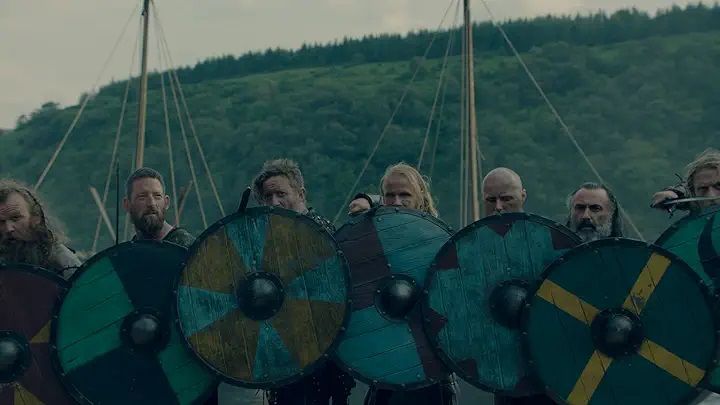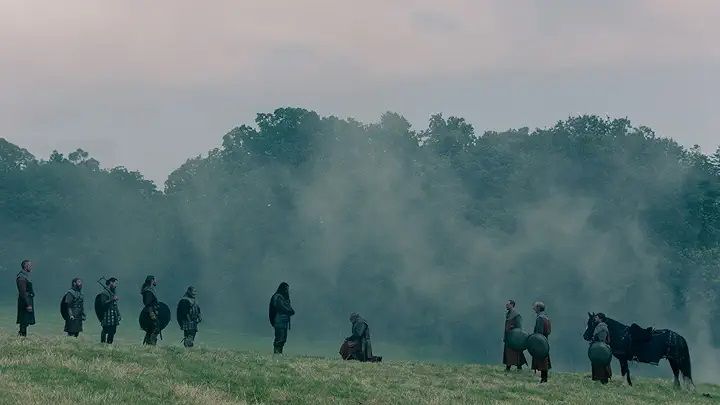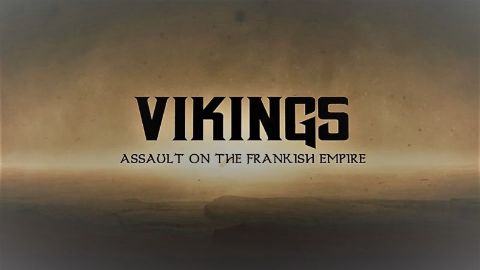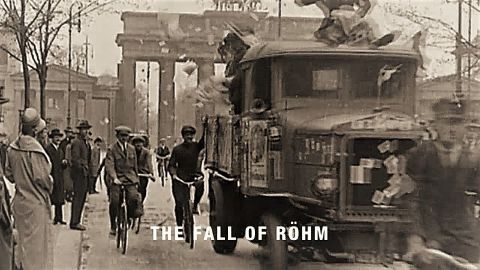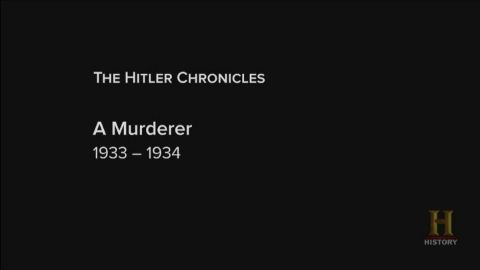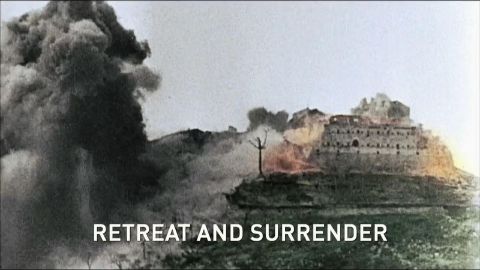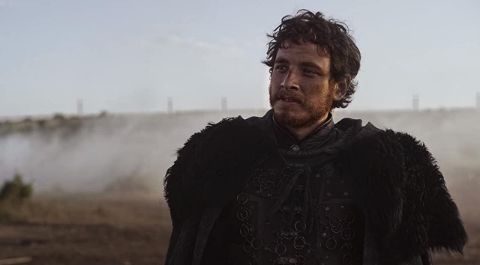100 Days in Paris • 2019 • episode "S1E2" • The Last Journey of the Vikings
When the Vikings attack the shores of the Frankish kingdom, they are met with resistance that is very different from what they are used to, as the Emperor Charlemagne has no intention of giving up his Christian territory to pagans and pirates. We follow the Vikings as they try to push deeper into Frankish lands to reach great cities like Paris. At first, the defense is staunch, but surprising and tumultuous events in both Denmark and France soon change everything.
Make a donation
Buy a brother a hot coffee? Or a cold beer?
Hope you're finding these documentaries fascinating and eye-opening. It's just me, working hard behind the scenes to bring you this enriching content.
Running and maintaining a website like this takes time and resources. That's why I'm reaching out to you. If you appreciate what I do and would like to support my efforts, would you consider "buying me a coffee"?
Donation addresses
BTC: bc1q8ldskxh4x9qnddhcrgcun8rtvddeldm2a07r2v
ETH: 0x5CCAAA1afc5c5D814129d99277dDb5A979672116
With your donation through , you can show your appreciation and help me keep this project going. Every contribution, no matter how small, makes a significant impact. It goes directly towards covering server costs.
